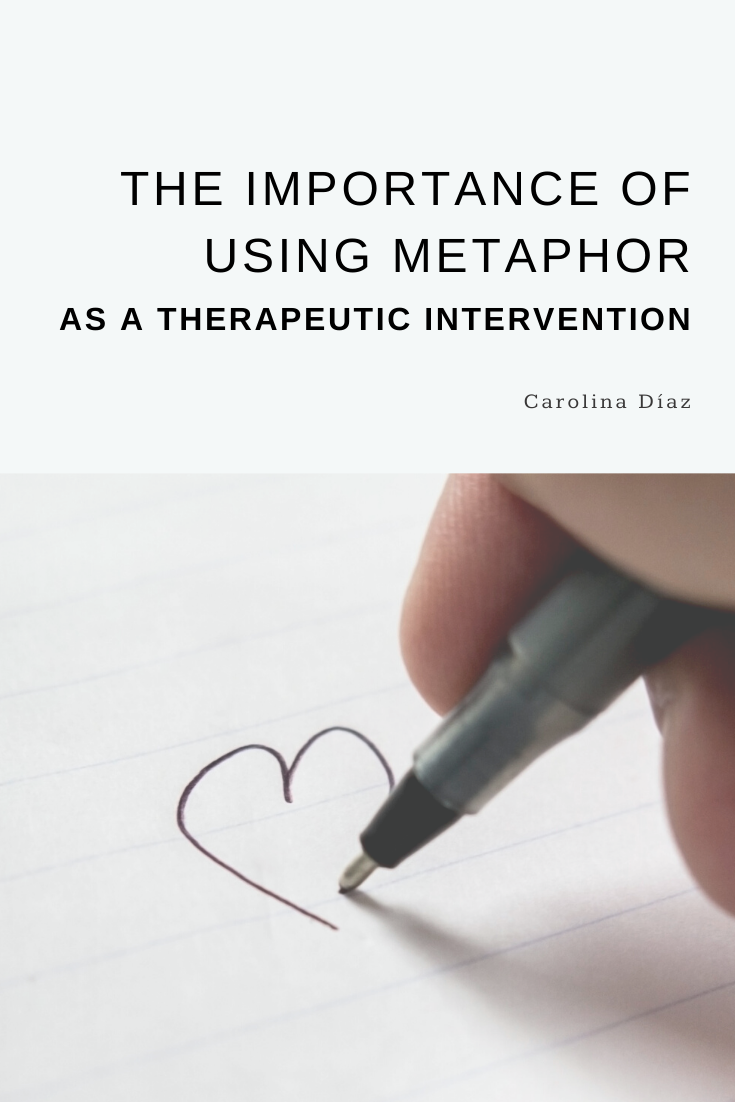This summer, I reviewed recent research in the field of marriage and family therapy. In this post, I include a brief summary of several articles and one book that I read—all on the topic of romantic relationships and relevant for couple therapy. The articles are from the July 2024 issue of the Journal of Marital and Family Therapy.
Read moreWhen You Don’t Want To Do Therapy Anymore: Ten Tips for Rekindling Career Energy, for Therapists Who Are Burned Out
Recently, I published two articles on the topic: Reasons why therapists are leaving the mental health field. In them, I covered ten of the most common reasons therapists are choosing to change their career path. (If you’d like to read those posts, here are the links to part one and part two.)
There are many therapists who are living through challenges in their work and career, and yet have not chosen to, or do not want to, leave the field. If this describes you, then keep reading for ten steps that will help you rekindle some career energy.
Read moreThe Importance of Using Metaphors and Metaphoric Tales as a Therapeutic Intervention
Metaphor is a figure of speech that consists of naming, describing, or qualifying something through its similarity or analogy to something else. It’s not just about songwriting or poetry-- we use metaphors all the time. After all, we all “fall in love” or “get stuck” at some point in our lives.
In the psychoanalytic approach, metaphors have always been very important, since the unconscious mind is
Read moreAre Gottman Method and Emotionally Focused Therapy (EFT) Compatible?
Couples counseling today is so much more effective than in decades past. There is almost too much information out there to guide therapists. It can be overwhelming.
I have seen many discussions about two of the main therapeutic models for couple therapy: Sue Johnson’s Emotionally Focused Couple Therapy, and John and Julie Gottman’s Gottman Method. The discussion can be, like so many discussions, very polarized at times. But there is such a richness and joy to learning from both (not to exclude all of the other contributors to the field right now) that the idea of folding together some of what these models offer seems inevitable.
Read more



